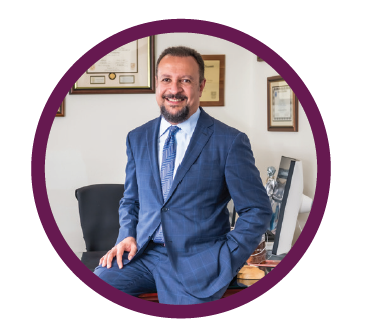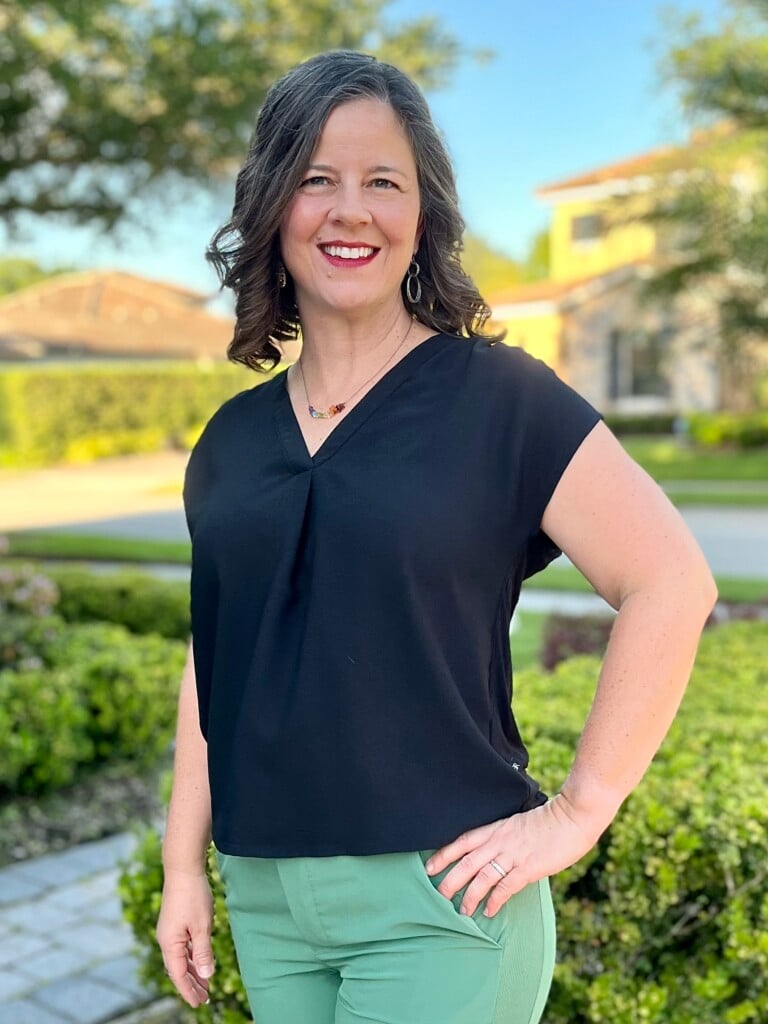Deep Brain Stimulation (DBS) and Epilepsy
Dr. Sadek explains these new FDA-approved procedures.
Deep Brain Stimulation
One of the FDA-approved, non-resective surgical procedures that Orlando Epilepsy Center offers to medically resistant patients is Deep Brain Stimulation (DBS). DBS has previously been used for the treatment of several neurological conditions such as tremor and Parkinson’s disease with much success. In recent years, DBS has also been utilized as another tool to help in the treatment of epilepsy.
Although there is still no cure for epilepsy, treatments like DBS can help reduce the frequency and severity of disabling seizures. DBS is not a substitute for antiseizure medications and is often used in conjunction with medications. DBS is an ideal treatment for patients whose seizures are not well controlled on medication and where surgery to remove the affected part of the brain is not possible. This includes cases where seizures come from multiple areas of the brain.
The Procedure
The DBS procedure involves a neurosurgeon implanting the electrodes into a specific place in the brain called the thalamus. A small neurostimulator is also placed in the upper chest. This part of the device contains a small battery and generator that help program the device and send impulses to the brain. This electrical stimulation diminishes the excitability of certain electrical networks in the brain, which helps to reduce seizures.
Post Op
After the surgery, the patient will regularly see their epilepsy specialist who will program the device via a small hand-held device. Programming involves setting the strength and length of time the device delivers electrical stimulation to the brain. DBS often can require several months to find the right stimulation settings for each individual. As with any surgery or procedure, there arerisks such as infection, bleeding, and reactions to anesthesia. Thankfully these tend to occur rarely, and studies indicate that DBS is a safe treatment for epilepsy. Side effects of the DBS itself can include memory problems, changes in mood, and paresthesia (pin and needles sensation); however, these are often temporary and improve over time. As always, the risks of any treatment option should be weighed against the risks of continued uncontrolled seizures, which can cause significant injury and disability. If seizures continue to be poorly controlled on traditional anti-seizure medications, consider meeting with an epilepsy specialist to discuss options such as DBS.
Dr. Ahmed Sadek | Orlando Epilepsy Center, Inc.
Dr. Sadek is the Director of Orlando Epilepsy Center. He is an Assistant Professor of Neurology at the University of Central Florida College of Medicine and a Clinical Assistant Professor of Neurology at the University of Florida Shands, Gainesville. Dr. Sadek is triple Board certified in Neurology, Clinical Neurophysiology, and Epilepsy.
CONTACT INFORMATION
Phone: 407.704.8510
Website: orlando-epilepsy.com





